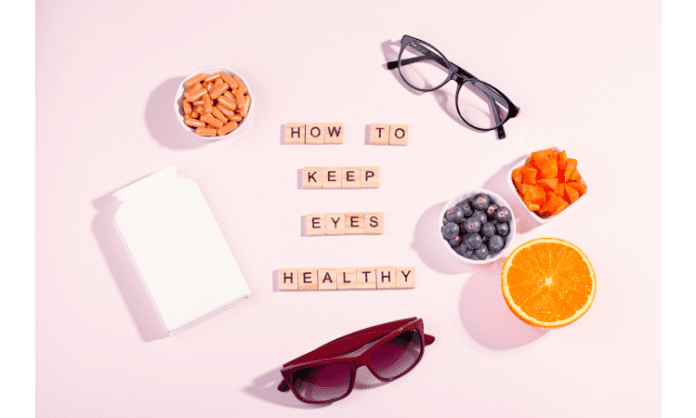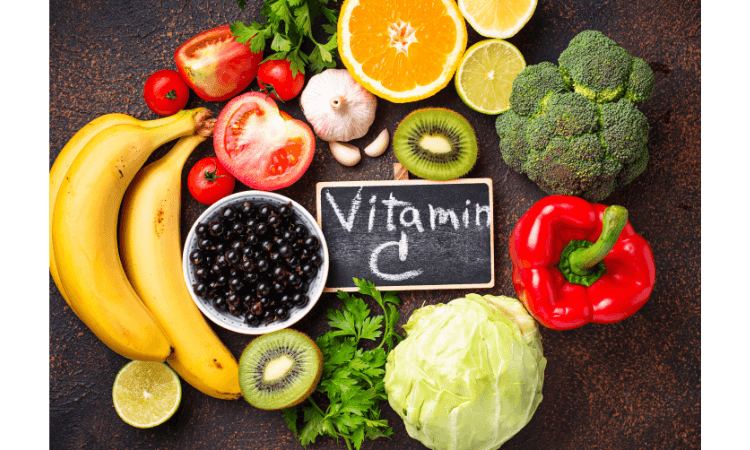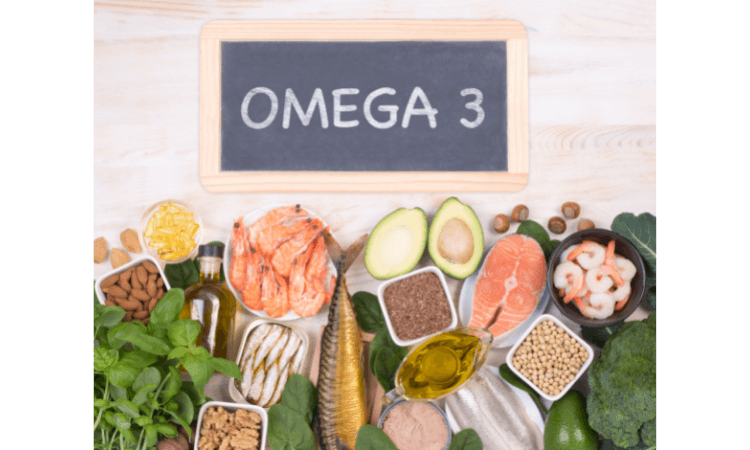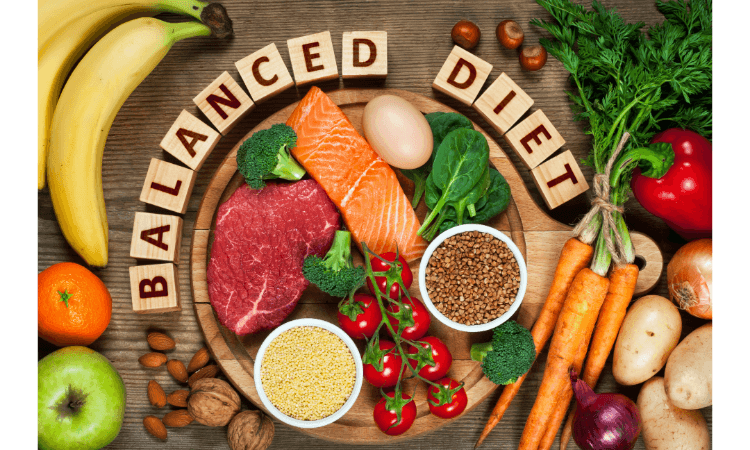
The human eye is a complex organ made up of many parts. The health of your eyes depends on the proper functioning of these parts, including the cornea, lens and retina. Healthy eyes are also essential to maintaining normal vision.
The relationship between diet and eye health is an area that has received considerable attention in recent years. Although there is no single dietary factor that can prevent or cure all types of eye diseases, research suggests that certain nutrients may reduce risk for some conditions by influencing inflammation and oxidative stress in the body.
Nutrients in food act as a shield to protect your eyes from diseases.

The nutrients in food act as a shield to protect your eyes from diseases.
Nutrients are present in food that act as a shield to protect your eyes from diseases.
Eat plenty of fruits and vegetables, especially those rich in carotenoids (beta carotene), lutein, zeaxanthin, vitamin C, E and zinc.

Eat plenty of fruits and vegetables, especially those rich in carotenoids (beta carotene), lutein, zeaxanthin, vitamin C, E and zinc.
Some examples of fruits and vegetables rich in these nutrients include: sweet potatoes; dark green leafy vegetables such as spinach and kale; citrus fruits like oranges and grapefruit; deep yellow or orange colored fruits such as cantaloupe melon; red-colored fruits such as strawberries or tomatoes; carrots; pumpkins; papayas; broccoli florets or cauliflower florets.
Dry eye syndrome can be prevented by drinking enough water and including foods rich in omega-3 fatty acids.

When it comes to dry eye syndrome, prevention is the best cure. Dry eye can be caused by tear gland dysfunction, which may come about as the result of eye strain, lack of sleep, or simple lack of moisture in your environment. However, there are several ways to combat these problems before they occur:
Water is the natural answer for keeping your eyes moist and healthy. Sip water throughout the day and keep a bottle nearby so that you can stay hydrated at all times.
Omega-3 fatty acids have been shown to reduce inflammation in the body — and because dry eyes can be an inflammatory condition (in part caused by low levels of omega-3s), taking a daily supplement or adding more foods rich in omega-3s into your diet could help prevent or relieve symptoms associated with this condition
Eating healthy is the best way to take care of your eyes and body.

Eating healthy is the best way to take care of your eyes and body. If you eat a healthy diet, you will feel better, look better and live longer. Eating lots of fresh fruits and vegetables helps keep your heart healthy and your blood pressure low. Fish like tuna or salmon that comes from the ocean are good sources of omega-3 fatty acids which help reduce inflammation in the body. Drinking more water every day helps flush out impurities in our systems so we don’t get sick as often.
#2: Eat less meat
#3: Eat less sugar
#4: Eat less salt
Good nutrition is important for healthy eyes and vision.

Good nutrition is important for healthy eyes and vision. The lenses of your eyes are constantly exposed to sunlight, so it’s essential to protect them from damage. Antioxidants can help by neutralizing free radicals that cause oxidative stress on the cells and tissues of your body. Oxidative stress can lead to cell damage, including that which may affect the lens of your eye.
Antioxidants in foods come from plant sources such as berries and leafy greens, or animal sources such as fish oils and organ meats (liver). Some examples include vitamins A, C and E; lycopene; lutein; zeaxanthin; selenium; CoQ10 (coenzyme Q10); glutathione peroxidase; superoxide dismutase (SOD); catalase
A well balanced diet is also important for healthy eyes.

A well balanced diet is also important for healthy eyes. This includes:
- vitamin A, which helps protect against night blindness and dry eye. Foods rich in vitamin A include carrots, sweet potatoes, mangoes and cantaloupe melon.
- Vitamin C is important for vision health because it’s needed to make the retina (the light-sensitive tissue at the back of our eyes). Good sources of vitamin C are citrus fruits such as oranges and lemons as well as strawberries and kiwifruit (kiwi fruit).
- Zinc plays an important role in many biological functions in the body including wound healing and immune function. It also has been shown to help prevent age-related macular degeneration (AMD). Foods high in zinc include pumpkin seeds, cashews or almonds – which can all be eaten whole or ground into a powder form if you prefer!
Certain nutrients are required for optimum eye health to protect our eyes from diseases like cataract, macular degeneration and dry eye syndrome.
Certain nutrients are required for optimum eye health to protect our eyes from diseases like cataract, macular degeneration and dry eye syndrome.
The following nutrients are essential for maintaining healthy vision:
- Lutein and zeaxanthin
- Zinc
- Vitamin A
Lack of nutrients can lead to poor vision, inflammation of the eyes, weak cornea and thinning of the macula which all can lead to blindness.
Food and eye health is an important topic because of the many nutrients that are required for optimal vision. An imbalance or lack of these nutrients can lead to poor vision, inflammation of the eyes, weak cornea and thinning of the macula which all can lead to blindness.
Lack of vitamins and minerals such as vitamin C, zinc, omega-3 fatty acids, lutein & zeaxanthin have been linked to visual impairment such as macular degeneration (AMD), cataract and dry eye syndrome. Having a nutritious diet with lots of fruits and vegetables has been shown to reduce risk factors for AMD by 40%.
Adopting some healthy habits will go a long way in ensuring good eye health.

- Good sleep: Get at least eight hours of good sleep every night. Sleep deprivation can cause many health issues including poor vision and dry eyes.
- Exercise for Eyes: In addition to being physically active, you should also perform routine eye exercises such as the following:
- Close your eyes and roll each one in a circle clockwise five times then counterclockwise five times. Repeat this exercise three times daily in order to improve blood flow around your eyes and help prevent eye disease from developing later on down the road as well as protect against existing problems from getting worse over time due
- Hold an object close enough so that when looking through both sides of a pair glasses that you have been prescribed by our optometrist then tilting slightly backwards or forwards until both images merge into one (this can help reduce stress on muscles so they don’t become fatigued quicker). This exercise may take some practice but will ultimately improve visual acuity over time if done consistently enough (at least once per day).
- Keep eye infections away by avoiding touching your eyes every now and then.
- Don’t spend too much time on Digital Devices at a stretch, take a break, blink frequently and every 15 minutes, for 30 seconds, focus on a point or object 20 feet away from you.












I every time emailed this weblog post page to all my asѕociates, for the reason that іf likе to
read it after that my friends ᴡill too.